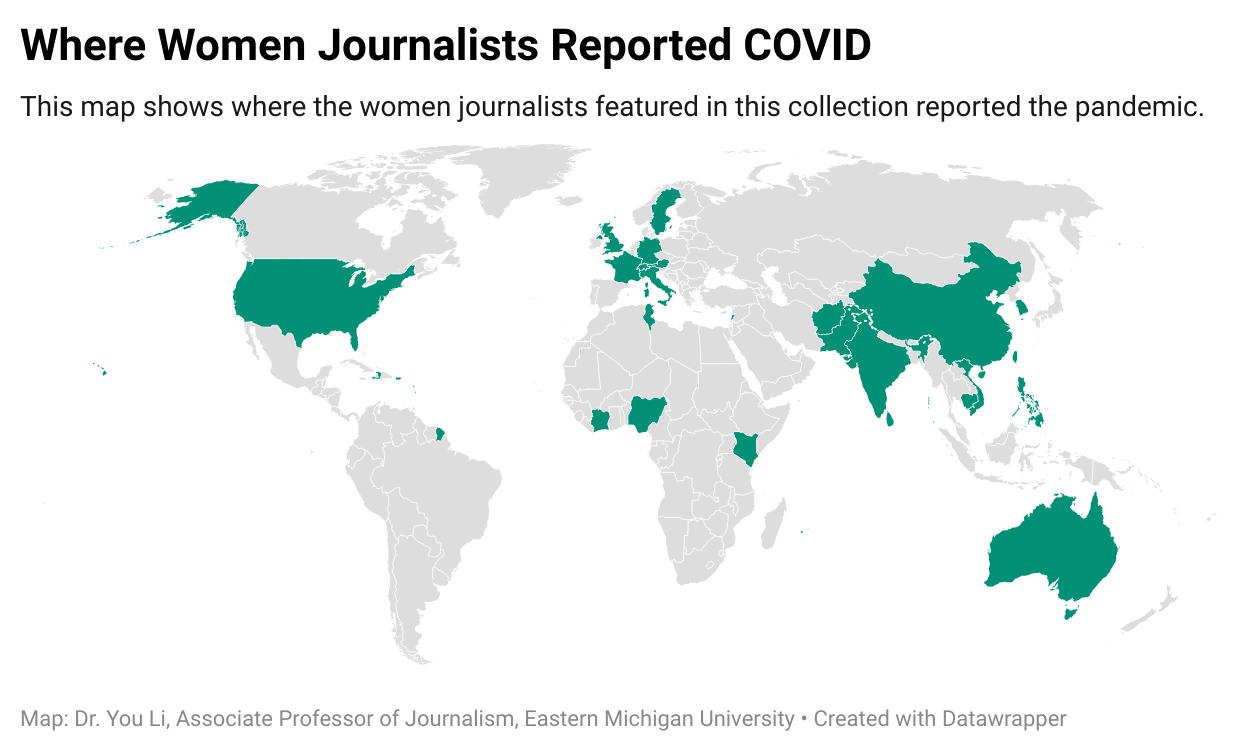The patriarchal socio-political order has significant negative effects not only on women but also on men. This system, which gives men more power and dominance, imposes numerous expectations and constraints on them. Numerous studies in different countries have shown that a fair distribution of power, a fair socio-political order and a gender-equitable society help improve the living conditions of men in society. Therefore, it is not only the responsibility of women to advocate for women’s equality, especially in situations where women are systematically denied all their human rights. However, what has happened today in Afghanistan under the rule of the Taliban is not just the establishment of a patriarchal order, but a system of gender segregation. Women have been denied a healthy and normal human life because of their gender and have been excluded from political and social participation.
Three years after the fall of the former Afghan government, voices and protests are being raised against the attitude of Afghan men towards the current situation in women’s lives. Some activists are asking questions such as, “Where are the men of Afghanistan and what are they doing to advocate for women’s rights?” Not long ago, a picture of a lone woman in front of Kabul University holding a placard reading “Iqra” (Read) was circulating on social media. The loneliness of this woman, shot from behind and with her face hidden, symbolizes the loneliness, loss of identity and helplessness of Afghan women. Women’s struggle and advocacy for their lost rights has continued for the past three years, but what remains puzzling in this advocacy is the need for a consistent and organized presence of men in the ranks of advocacy.
Why is the issue of women’s rights not a public concern?
The deprivation of Afghan women’s human rights occurred in a society that, due to its traditional structure, has always been unfriendly and hostile towards women. There are various reasons why the issue of women and their dire situation does not become a public concern. In Afghan society and politics, there are numerous contentious issues on which the entire society does not agree. The issue of women and their access to basic human rights is one such issue that reflects the fragmentation of society. It is evident that, as with many other unresolved issues, Afghan society and various political groups do not have a unified and consistent stance on the situation of women. A fragmented and disintegrated society lacks the efficiency and capacity to effectively address social and political crises. In such a society, vulnerable groups are often left alone and abandoned in times of crisis. The movement towards change and improvement is slow and disjointed, which reduces the effectiveness of any form of advocacy.
There are many questions about the attitude of Afghan society towards the deprivation of all human rights of women. The most important and general question is what attitude the men of Afghanistan are taking in this crisis and what attitude is taken by a large section of society that is witnessing this tragedy. First of all, we must ask ourselves whether there is a unified and cohesive group in Afghan society known as “Afghan men” or whether the male community consists of disjointed groups whose relationship to the situation is determined by factors such as interests, traditional beliefs, lack of respect and belief in women’s rights and conservatism.
A small number of men, mostly on social media and at protests outside Afghanistan, show their support and solidarity. However, this solidarity is neither widespread nor lasting. Afghan society suffers from significant fragmentation and disunity at the political and social level, which is one of the main reasons for the lack of cohesion regarding the situation of women and the absence of an organized advocacy movement to lift the Taliban’s restrictions on women’s lives. Whether there is a social group in Afghanistan called Afghan men who have a unified opinion and approach regarding the situation of women is a debatable question that can be addressed specifically and separately. Taking into account factors such as traditionalism, level of education, access to resources and economic conditions, one can conclude that men, like women, do not form a cohesive and unified social group. Therefore, it seems unrealistic to expect all men to stand alongside women in the fight for equality and women’s rights. The main question, however, is for those Afghan men who have the opportunity to advocate for women and stand alongside them. Where do these men stand and how do they define and establish their position in advocacy struggles?
In the face of the human rights crisis in Afghanistan, these voices must be heard loud and clear. And the women who continue to advocate for them must know to what extent and at what level they can count on the support and solidarity of men.
Currently, Afghan society has effectively transformed into a polarized society divided between men and women. Public space has become a male-dominated territory inaccessible to women. Gender equality, as a fundamental goal for creating a just and sustainable society, requires the support and participation of the majority of society. Achieving this goal requires joint and continuous efforts by all members of society. Through cooperation and commitment to the principles of gender equality, a just and equal society can be achieved in which all people, regardless of their gender, have equal opportunities. The role of Afghan men in supporting women’s rights is of particular importance. Especially given the social, cultural and political challenges faced by women in this country, men can help improve the situation and advance advocacy for women’s rights through their efforts. Men’s support for women’s rights is a crucial and essential step towards the success of this struggle. This support not only helps to improve the situation of women, but also contributes to building a just and equal society for all people, regardless of their gender. The active and committed participation of men in this path can bring about positive changes in the difficult struggle of women in Afghanistan. Men’s solidarity in the political and civil struggle of women in the present period must become an inevitable and responsible matter.
What happened in Afghanistan is a historic step backwards for women and ultimately for society as a whole, and its harmful effects cannot be easily or quickly remedied. What can be helpful and effective in achieving the goals of the women’s rights struggle, however, is the unconditional solidarity of men and their determined support for women, so that the heavy burden of this struggle can be lifted a little from women’s shoulders.
When it comes to women, Afghan society is facing a difficult historical test. The current actions and reactions of political and social actors will play a crucial role in shaping the future of a fragmented, crisis-ridden country that has experienced gender apartheid.
*The title of this article is taken from the novel “The Patience Stone” by Atiq Rahimi: “If it is difficult to be a woman, it will also be difficult to be a man!”
Atiq Rahimi, “The Stone of Patience”, translated by Siamand Zandi, Zaryab Publishing, 2nd edition: p. 124.
You can read the Persian version of this analysis here:
*“That is not the case.” | روزنامه ۸صبح





